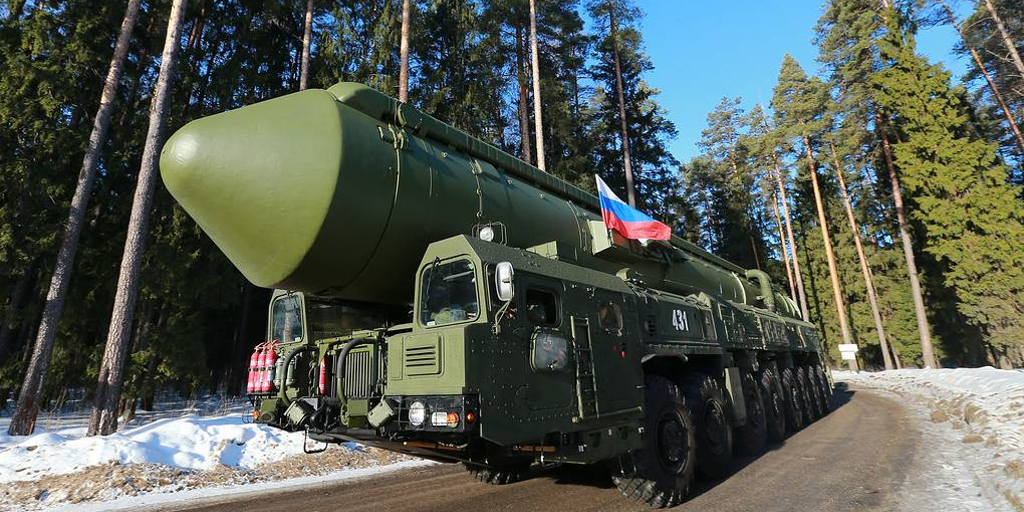A nation must think before it acts.
Original Orbis piece: Alvin J. Cottrell and James E. Dougherty, “Nuclear Weapons, Policy and Strategy,” Orbis 1:1 (April 1957)
Focus of the original piece: The authors, in assessing the evolution of U.S. defense strategy since the end of World War II, the start of the Cold War, and the dawning of the atomic age argued that it was necessary to “have a theory, a practical political policy, and military establishments adequate to the exigencies of all types of nuclear warfare.”
Relevance for today: Cottrell and Dougherty were writing in the aftermath of the 1956 Hungarian Revolution and the Suez Crisis, where it appeared the Soviet possession of nuclear weapons could both deter the West from taking action to support the Hungarians and to serve, in the Suez case, to allow Moscow to bring pressure to bear on London and Paris. Did nuclear weapons now mean that vigorous response to Soviet action could no longer be contemplated because of the risk of escalation to a nuclear conflict? They called for careful calibration of objectives as well as for Western policymakers to decide how to calculate which set of responses would most likely achieve outcomes that, if not entirely favorable to Western interests, would nevertheless be considered acceptable.
There are important differences between the context in which Cottrell and Dougherty were writing and the present. In the late 1950s, the Soviet Union and its allies enjoyed a conventional military advantage in Europe, and the United States relied on nuclear deterrence to compensate for its relative conventional weakness. Today, something like the opposite is true. Russia makes nuclear threats against the West to compensate for NATO’s conventional strength. Nevertheless, in light of the 2022 Russian invasion of Ukraine, the authors’ assessment, from 65 years ago, reads like a current brief as the United States and allied nations decide how to best push back against Russian actions without risking further escalation. To quote at length:
[T]o defeat aggression, is it sufficient simply to push the aggressor back to the line of scrimmage … or must a proportionate punishment in the form of a net loss be inflicted on the aggressor? If the aggressor is to be punished proportionately, how can it be made clear that his survival is not at stake, so that he will not misinterpret the West’s war objectives and decide to launch a strategic offensive in desperation?
They conclude that Western policymakers must be prepared to back up their deterrent rhetoric by showing a willingness to consider the employment of nuclear weapons, but also that Western policymakers must also consider the value and utility of limiting a conflict, limiting their political objectives and, in some cases, being prepared to lose limited engagements.
The more things change, the more they can stay the same.
The views expressed in this article are those of the author alone and do not necessarily reflect the position of the Foreign Policy Research Institute, a non-partisan organization that seeks to publish well-argued, policy-oriented articles on American foreign policy and national security priorities.



